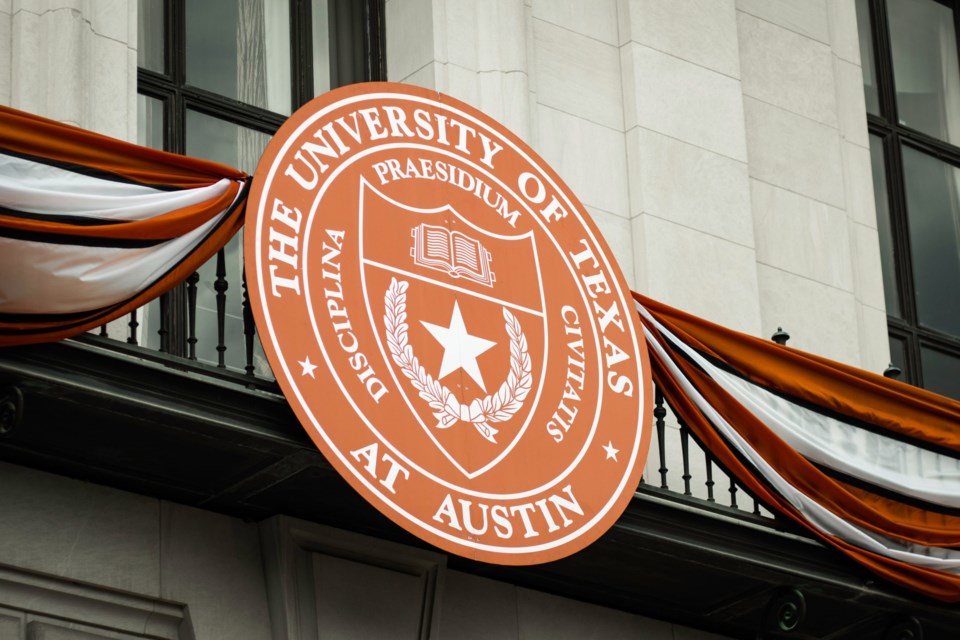On Feb. 22, the University of Texas System board chair, Kevin Eltife, read a statement saying that the university has put all new policies promoting diversity, equity and inclusion on hold. All 13 university and health campuses across the state were asked for a report on all current diversity, equity and inclusion (DEI) policies.
UT is the latest university system to respond to Gov. Abbott’s memo telling state agencies that DEI policies unfairly benefit some groups to the detriment of others and that state agencies are breaking the law when considering factors other than merit in their hiring decisions. Earlier this month, following Abbott’s memo, both Texas Tech University and Texas A&M said they changed their hiring policies.
According to KHOU 11, Eltife referred to Abbott’s memo saying, “Given the clear legislative focus, we have paused any new DEI policies on our campuses and have asked for reports on current policies on our campuses,” adding, “This will give our board a chance to review the various policies system-wide.”
While Abbott’s memo alluded to discrimination and merit to oppose DEI policies, law experts, civil rights organizations and advocacy groups like NAACP and the Texas Black Legislative Caucus expressed their outrage and defended DEI policies as legal and necessary to ensure a diverse pool of applicants for state agency jobs.
“Many of our institutions of higher learning and state agencies rely on the usage of DEI initiatives to work in tandem with anti-discrimination laws to ensure that they don’t make hiring decisions based on race, religion, or gender,” State Representative and chairman of the Texas Legislative Black Caucus Ron Reynolds said in an official statement. “Eliminating DEI initiatives will only hurt Texas institutions. Our diversity is our strength.”
While policy audits and reviews are standard practices conducted by state agencies to ensure everything is running smoothly, DEI educator and consultant Eva Vega told KHOU 11 there’s a risk in discouraging agencies to implement DEI initiatives. "We lower the bar by not valuing diversity equity and inclusion," Vega said. "What we do is roll the university back 50 years."
In recent months, DEI practices have come to the forefront of Texas political discourse among conservative politicians and advocates, but beyond the state, the U.S. Supreme Court is expected to rule this year on the consideration of race in college admissions.
As to when and if DEI policies will return to the UT System, Eltife said in his statement that the regent board will wait for legislative action before moving forward and may consider a uniform DEI policy for the whole system if necessary.




